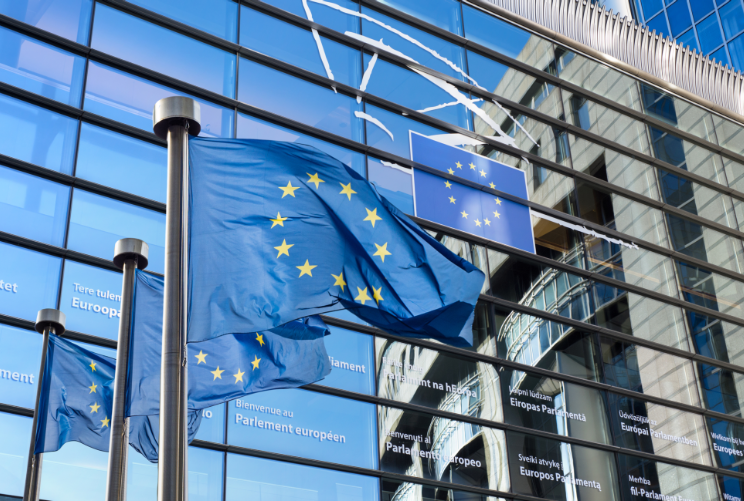In a strategic move aimed at reducing technological dependencies on other countries and bolstering European Union (EU) businesses, lawmakers from the European Parliament’s Committee on Internal Market and Consumer Protection advocate for the EU to take the lead in shaping the Metaverse.

The Metaverse, a shared and immersive digital environment, is envisioned to be a key component of the future internet, prompting the EU to assert its influence in this transformative space.
Advocating for EU Leadership in the Metaverse
The European Parliament’s Committee on Internal Market and Consumer Protection has called to spearhead the development and governance of the digital world, aligning it with European values and fostering technological independence.
The move comes as a response to the increasing realization that projects in the digital realm, thus far, have predominantly been developed by companies outside the Union, possessing significant resources and financial capabilities. The committee’s report, adopted with 31 votes in favor and two against, signals a proactive stance to position the European Union at the forefront of innovation.
Strategy in Context
This call for EU leadership follows the publication of the European Commission’s plans for the Metaverse in July. While the commission did not propose specific laws for virtual worlds, it emphasized the need for new standards and global governance to supervise the Metaverse. The commission’s strategy, encompassing Web4 and the Metaverse, defines virtual worlds as persistent, immersive environments rooted in 3D and extended reality (XR) technologies.
Metaverse Projects: A Call for European Primacy
The committee’s report highlights a prevailing trend wherein a limited number of companies outside the Union have largely developed Metaverse projects. These entities, boasting considerable resources, have dominated the shaping of the Metaverse landscape. The call for EU primacy signals a departure from this trend, emphasizing the need for the EU to take charge and influence the trajectory of virtual worlds proactively.
Tech Independence and Support for EU Businesses
A key motivation behind the push for EU leadership in the Metaverse is the desire to reduce technological dependencies on other countries. By actively participating in the development and governance of the Metaverse, the EU aims to shape this transformative digital space by its values and priorities.

This strategic move enhances tech independence and creates an environment conducive to supporting EU businesses, fostering innovation, and nurturing a competitive edge in the global digital arena.
The Need for European Influence
As virtual worlds become integral to the digital experience, the EU recognizes the importance of influencing their development and ensuring alignment with European values. The committee’s report serves as a clarion call for the EU to exert influence in the Metaverse, advocating for a more inclusive and diverse landscape that reflects the values and priorities of the EU and its member states.
Discover other stories: Meta’s Avatar Innovation
Beyond Virtual Realms: Implications for the Broader Digital Landscape
The EU’s endeavor to lead in the Metaverse extends beyond the virtual realms. It signals a broader commitment to shape the digital landscape that aligns with EU values and priorities. As the Metaverse evolves, the EU’s proactive stance positions it as a key player in the global digital transformation, influencing not only the virtual worlds within the Metaverse but also the broader spectrum of the digital ecosystem.
In conclusion, the EU’s push for leadership in the Metaverse reflects a strategic move to foster technological independence, support EU businesses, and shape virtual worlds in alignment with European values. As the Metaverse becomes a pivotal aspect of the digital landscape, the EU’s influence in this space holds profound implications for its role in the evolving global digital economy.

